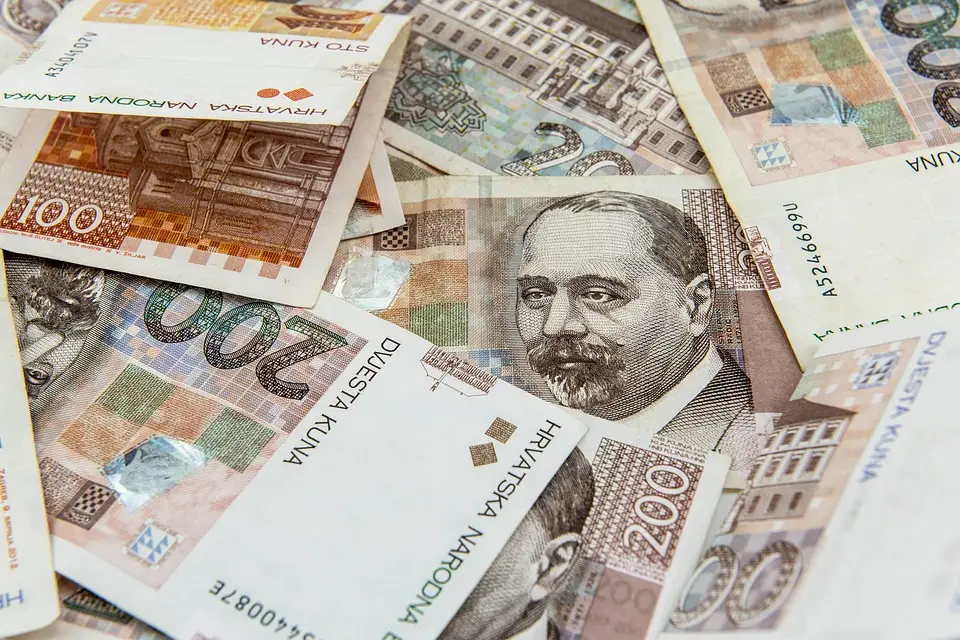As Poslovni Dnevnik/Ana Blaskovic writes, with Croatian Eurozone accession rapidly approaching, set to occur at the very beginning of 2023, one of the main issues will be the rate at which the kuna will be exchanged for the Eurozone’s single currency. There isn’t really much room for maneuver as the rules require targeting around a central parity of 7.5345.
For years, critics have been making negative remarks about the Croatian kuna for being too strong, arguing that it makes the currency uncompetitive when it comes to exports, and the idea of depreciation was once supported by former president Kolinda Grabar-Kitarovic.
The Croatian National Bank (CNB) once calculated that the depreciation of the kuna by ten percent would currently increase the debts felt by residents, companies and even by the state, whose contracts have a currency clause of 50 billion kuna. All of the aforementioned now comes a detailed review of the likely repercussions.
“The negative effect of kuna depreciation on the balance sheets of Croatian sectors outweighs the positive foreign trade effect of depreciation,” concluded research author Ozana Nadoveza Jelic, an advisor at the Modeling Directorate, and Rafael Ravnik, an economic analyst from Macrode.
In their paper entitled “Dependent on the Euro: The Macroeconomic Effects of Exchange Rate Changes in Croatia”, the duo concluded that in the medium term, net exports would benefit relatively slightly from the kuna’s depreciation, but that all domestic sectors would end up paying a much higher price.
The change in the exchange rate of the kuna against the euro would be reflected through the trade channel, ie foreign trade, in which a short-term decline would occur first, followed by an increase in net exports.
The second effect is on the balance sheet of the sector of companies which, thanks to their open exchange rate position (where debt relief also depends on the exchange rate) are faced with an increased burden of loan repayment. Consequently, they’ll reduce investment, which spills over to the rest of the economy, causing a reduction in capital accumulation in the medium and long term, and thus an effect on potential GDP.
At the same time, households will also be dealing with the burden of repayment, as well as having their financial wealth denominated in euros, and there will be a further reduction in real disposable income due to rising consumer basket prices.
The state doesn’t go through quite the same effect thanks to the ability to borrow in foreign currency, but the repayment burden will grow for it as much as it will for regular citizens (as ultimately it is all the responsibility of taxpayers), and the higher debt burden will consequently raise the country’s whole risk premium.
In this vicious circle as Croatian Eurozone accession comes knocking, the next step would be the growth of all interest rates in the country, one of the factors of which is the riskiness of the state.
For more on Croatian Eurozone accession, check out our politics section.











